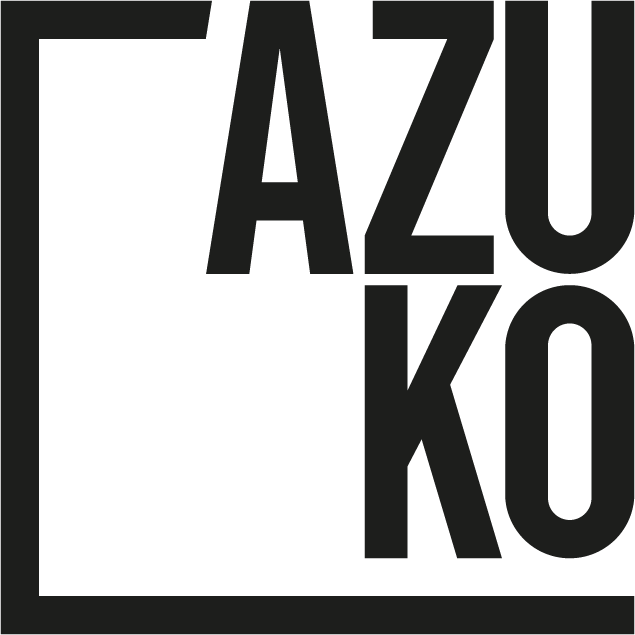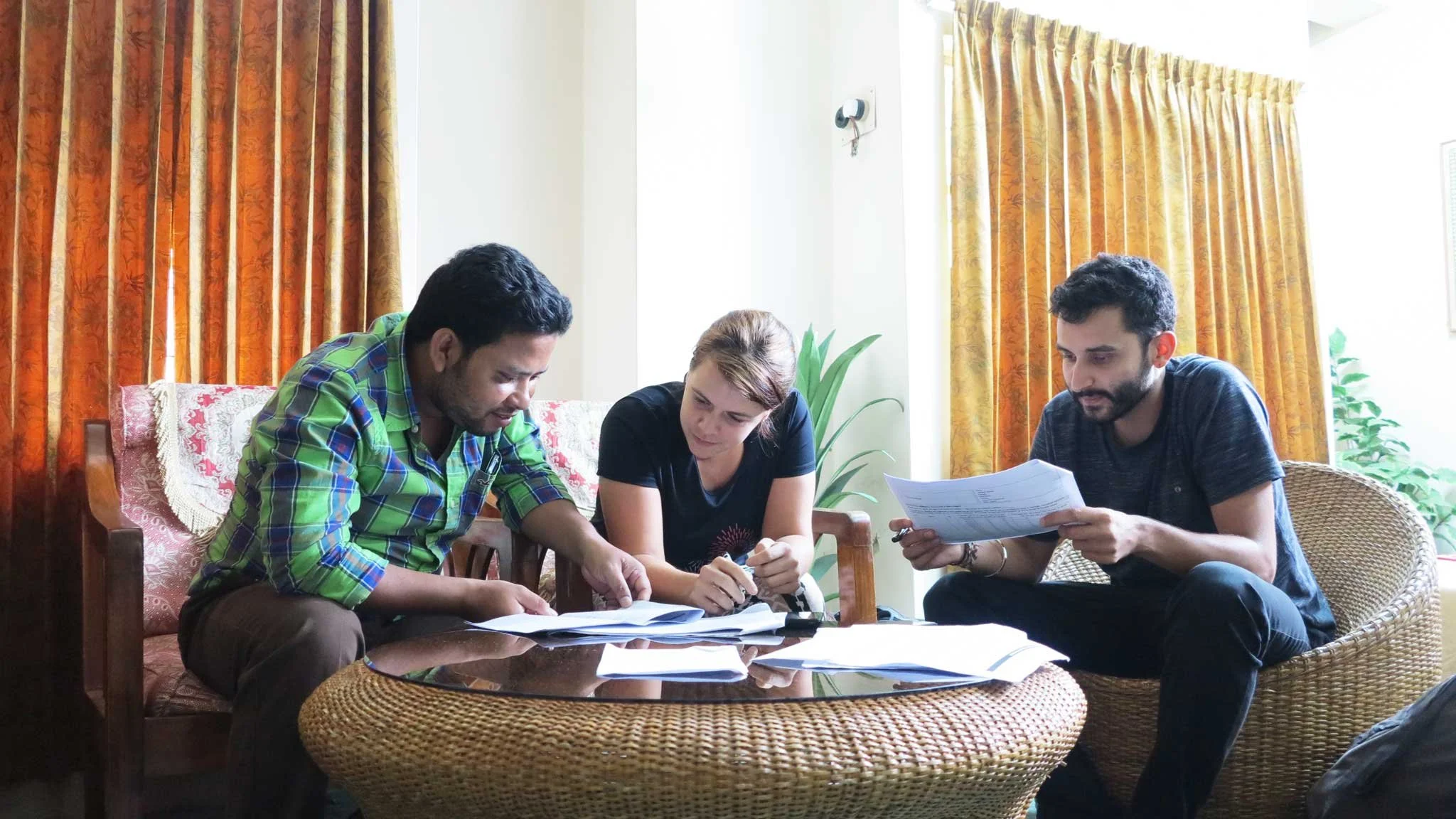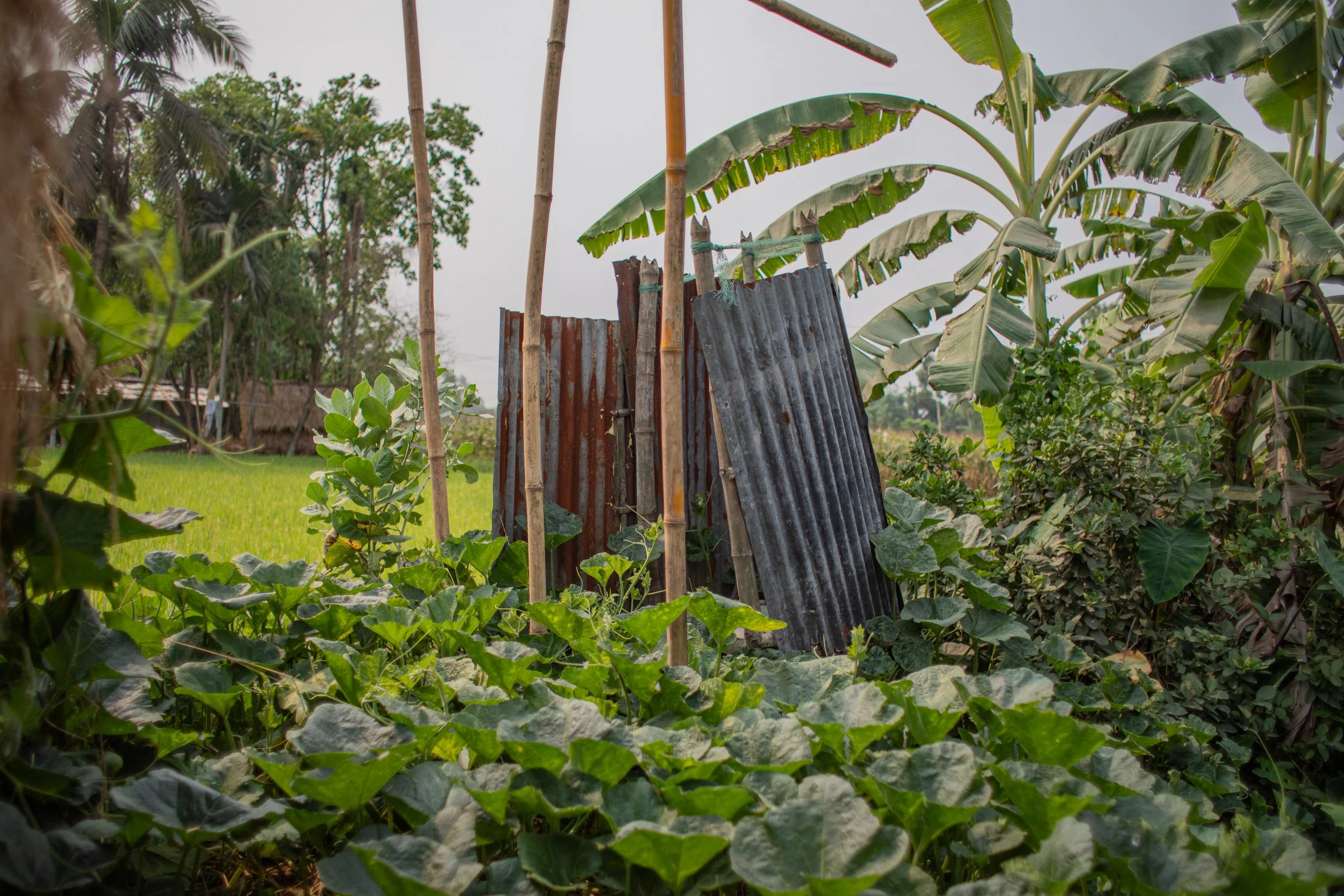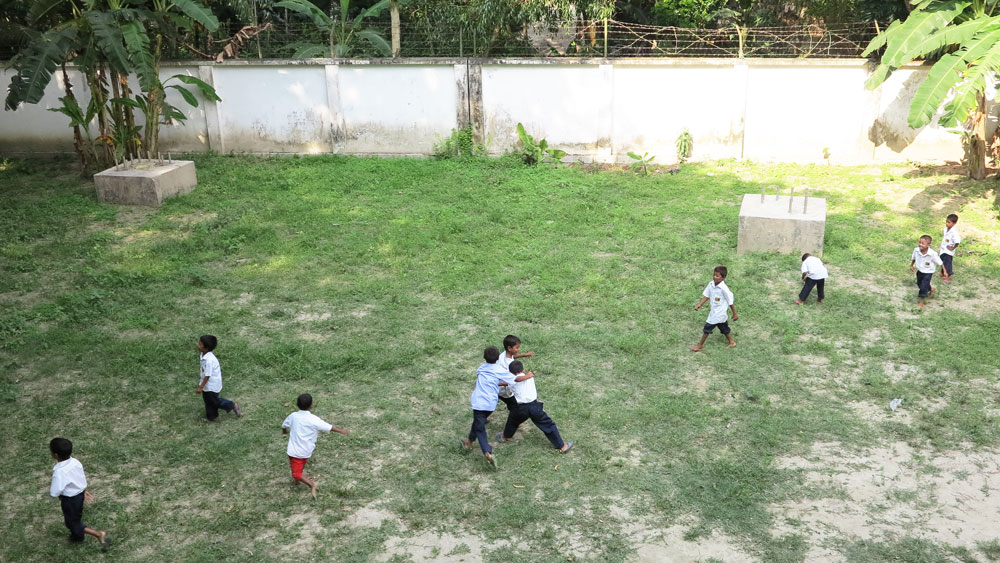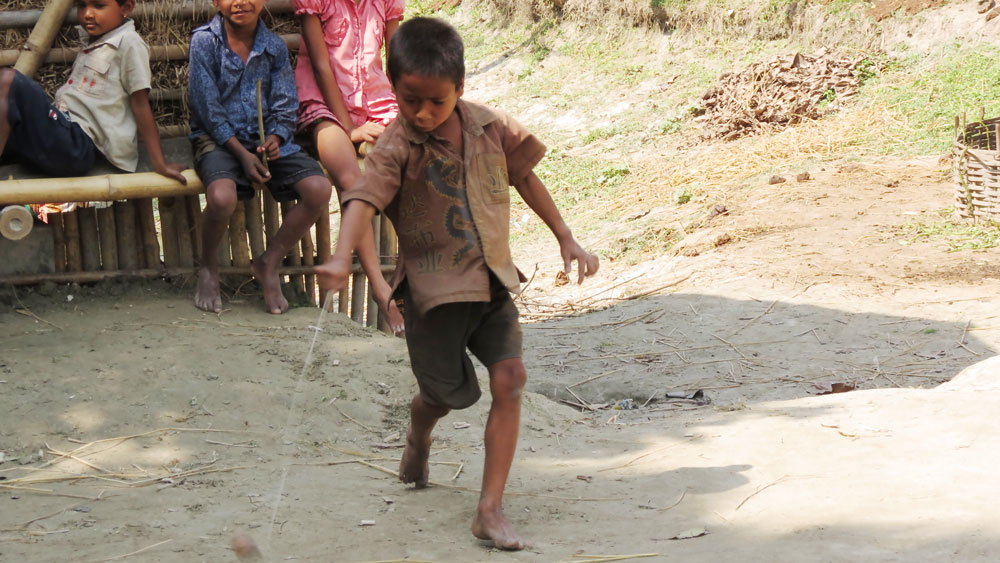We’re so pleased to welcome Reena Agarwal to our board of Trustees. She brings a wealth of experience in international development and a passion for social justice. Reena reflects on her time in Bangladesh and previous work with women’s cooperatives…
I recently joined AzuKo as the International Development Trustee. I’m responsible for providing strategic advice in relation to our work delivered overseas. Over the last three months I’ve been humbled to learn more about AzuKo’s work with women, in particular the transfer of skills and knowledge to increase safety and wellbeing in their homes and communities.
More women live in poverty than men. Many have limited access to credit, healthcare and education and the impacts of that are further aggravated by global food and economic crises, as well as climate change.
Hearing about AzuKo’s Heart of the home project in Dinajpur – empowering women to be design leaders – took me back to my time to Bangladesh eight years ago when I visited an all female cooperative in Rangpur. Cooperatives are enterprises controlled by and run for the benefit of their members, where profits are held to develop the business or are returned to the members, rather than benefiting third parties. They generate jobs which in turn provide income. This set up is very powerful as it provides financial independence to their members and empowers them to plan for and be in control of their future.
The cooperative in Rangpur was working with Oxfam in the Enterprise Development Programme with the aim of expanding their operations so they could own more of the dairy supply chain thus getting more of the value and in turn increased income.
They lived in precarious conditions on chars – silt lakes which flood at certain times of the year. During these times they had to migrate to shelters with their cattle but despite this challenge they were certain that together they could make the project work. They told me that clarity, transparency and fairness were key. They wanted to make sure the weighing scales were accurate, that everyone was clear on their role and that all members were happy with the salary they received.
“I was blown away by their collective vision, their dedication and ability to grasp new skills. Each member had a voice around the table, the energy was contagious. It was no surprise to me that this group of women were successful in achieving their longterm plans in a fair and equitable way. ”
Empowering and investing in women – which AzuKo does so well – is crucial for the wellbeing of individuals, families and rural communities to prosper and lift themselves out of poverty. Rural women are key agents in the sustainable development process and are a catalyst for transformative economic, environmental and social change.
I’m very much looking forward to visiting the communities that AzuKo is working with to understand more about their environment, hear about their vision for the future and the opportunities they foresee.
Author: R. Agarwal
